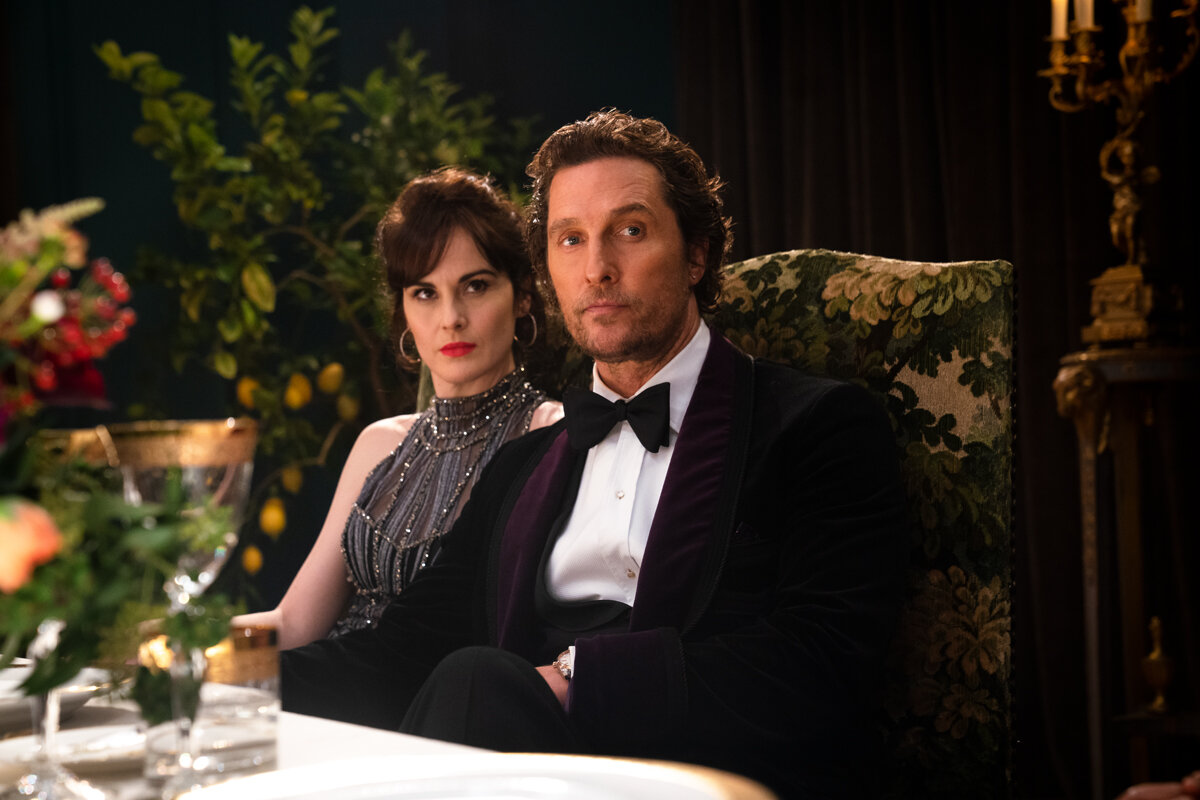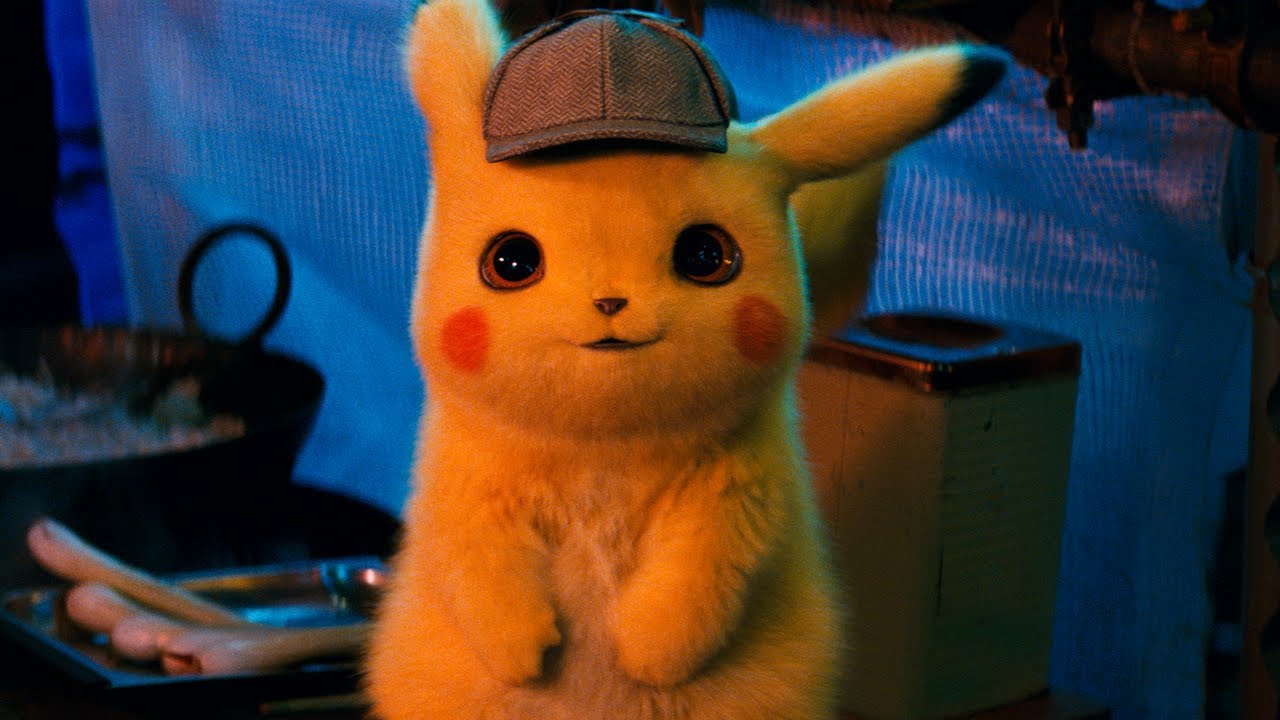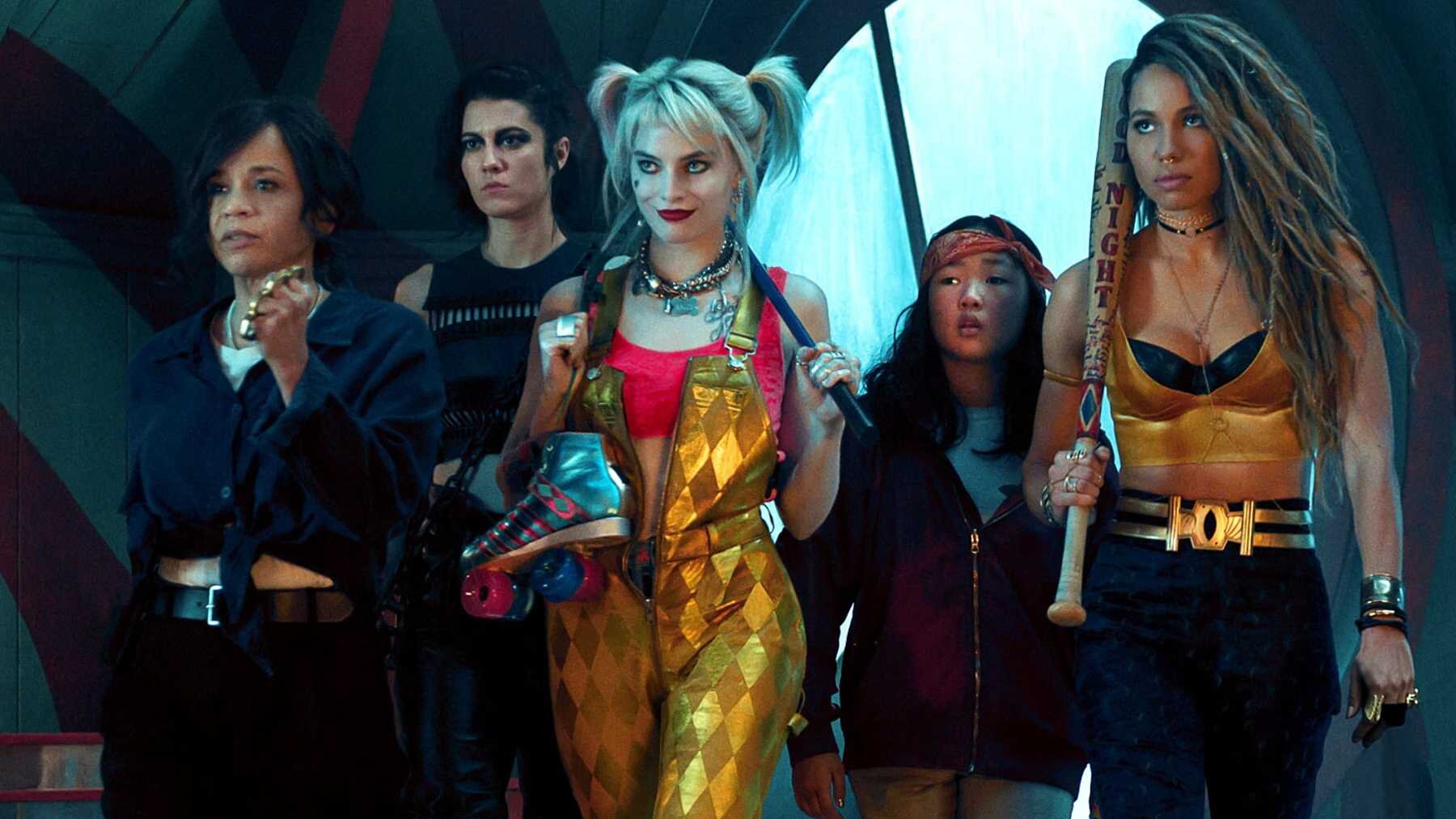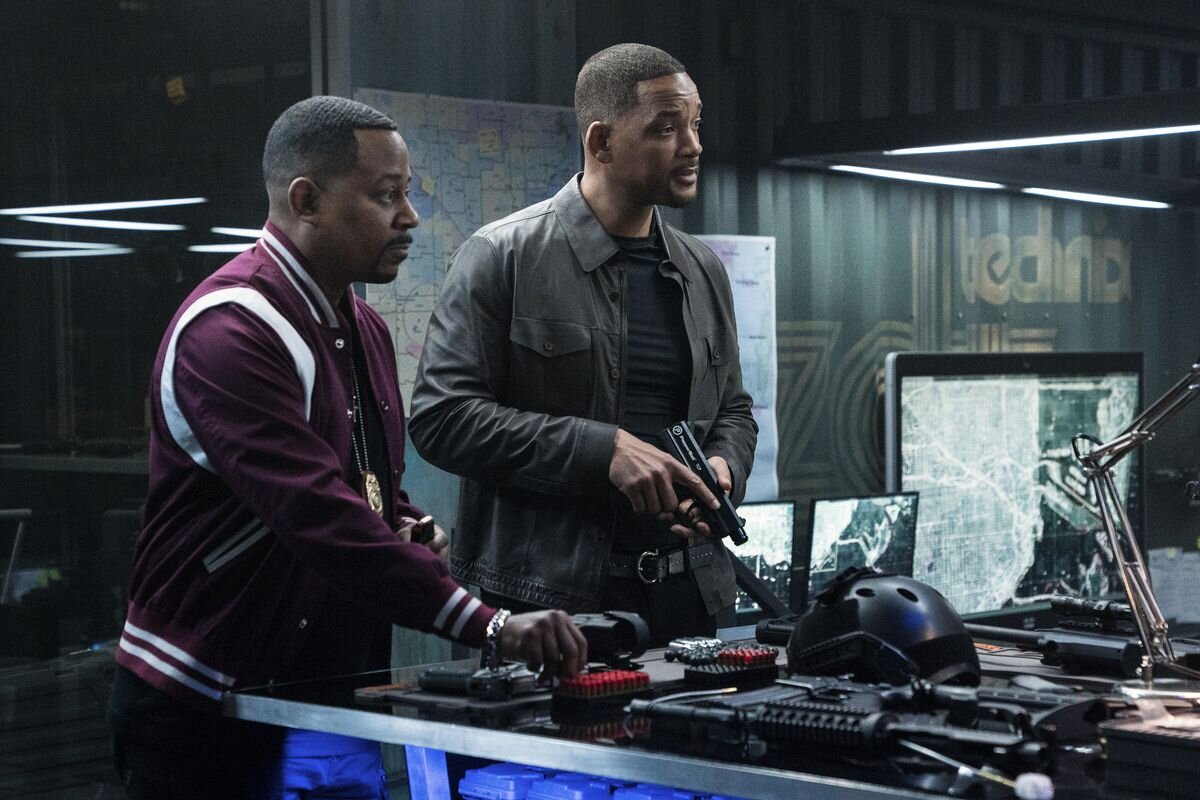Wright or Wrong: The Gentlemen

After a decade of trying his hand at the mainstream studio system to results more mixed than positive, Guy Ritchie makes his grand return to the crime genre with a tale woven in a way unique to his sensibilities.
"The Gentlemen" follows the final days of Mickey Pearson's UK marajuana empire preceding his planned sale of it to an interested buyer in anticipation of the inevitable legalization of the substance that's bound to change the rules of the game in ways that he'd rather walk off into retirement for. Sadly, those retirement plans are thrown into chaos when one of his production warehouses is raided unexpectedly, kicking off a sequence of events forcing him to settle his affairs with rival gangs if he hopes to land the sale for the agreed upon value.
Courtesy images
Regaled through a sleazy journalist to Pearson's right hand man, played by Charlie Hunnam, as a potential screenplay that he hopes to auction off to Miramax, the events that unfold are raw, surreal, crude, and outrageous in the way one would come to expect from the mind that gave us "Lock, Stock and Two Smoking Barrels" and "Snatch." The movie matches that tone of Ritchie's earlier works of crime comedy so well in fact that I'm almost surprised that he or the studio didn't think to spring for a Jason Statham cameo to turn this into another cinematic universe.
What probably set the film most apart from his other and ultimately more admirable ventures into this genre is a respectable yet oddly uneven and out of place attempt to be some sort of metatextual commentary on the genre, stylings, and work of its director. I definitely see where the movie may have been trying to go with it, given Ritchie's odd track record, from an accidentally faithful adaptation of "Sherlock Holmes" to a "King Arthur" movie that felt more like an adaptation of "He-Man." Sadly, the whole gimmick of coming across as a screenplay pitch feels like a weird hindrance to the structure and themes of the movie that was probably a better idea on paper than execution. That said, where it ends up does open the door for some rewatchability, as several scenes take on new contexts once the framing of the entire narrative unveils itself.
Debatably successful attempts at self-analysis aside, the main reason I really harp on "The Gentlemen's" ambitions, beyond hoping that something constructive can come from identifying what doesn't work in the movie, is because when you cut through the more experimental angles of the story, the film is kind of an unadulterated delight to sit through.
The criminal underworld created by the film is a no-holds-barred community of scum that I'm shocked was able to see a national theatrical release in such a politically correct age. Race, ethnicity, gender, and even sexuality are all taken to town for their respective characters in snappy and crass ways that're sure to offend many. While I can't say that they aren't within their right, the authenticity with which most of it's framed paint a living world that make the events feel more visceral, make the humor land harder, and draw out the best of the characters, portrayed by a cast that are clearly having the time of their lives.
Hugh Grant's unreliable narrator status could become obnoxious in less skilled hands but the man's delivery is so on point you find yourself regularly charmed and repelled by him in the best of ways. Matthew McConaughey and Michelle Dockery are killer as the heads of Pearson's operations in roles that are just cartoonish enough to fit the stylization of the world around them but subdued enough to feel real and even mildly subversive. Hunnam however steals the show, emulating a man struggling to balance his rising sense of irritation with the increasing number of x factors that he's surrounded by, serving as a punchline to some of the best gags of the movie. Ditto Colin Farrell, who's supporting role goes miles.
"The Gentlemen" is a movie that is as rough, uneven, and messy as the characters that it examines, but Ritchie's mastery of comedy-of-errors tropes combined with working on something that actually feels like a passion project rather than studio work really help it to rise above the usual faire for cinema around this time of year, even though you can see a better film through the sloppiness consistently knocking on the edge of greatness.
3 out of 5
Graduating from Texas A&M University—Commerce with a bachelor's degree in News and Editorial Journalism, Jordan Wright has lived most of his adult life professionally critiquing films, from major blockbusters to indie dramas, and has no intentions of stopping.








